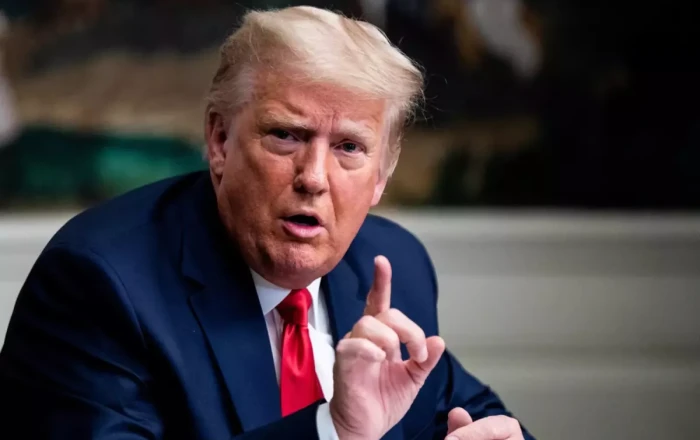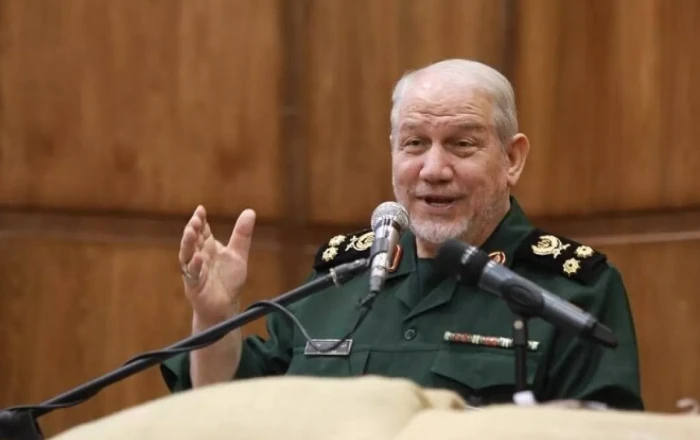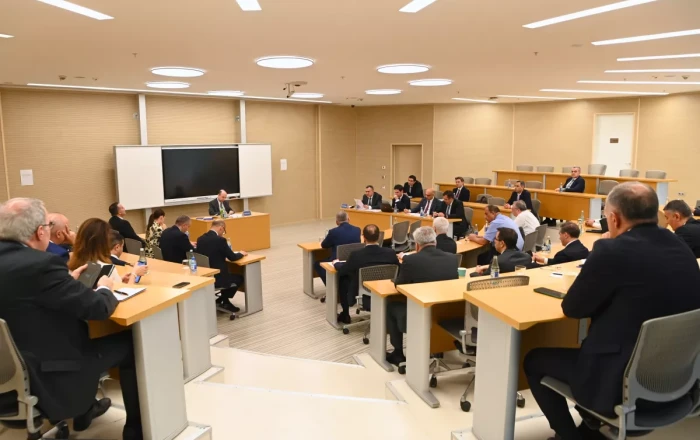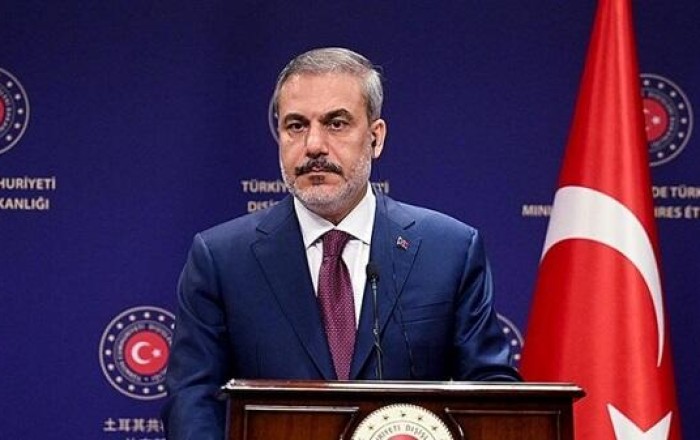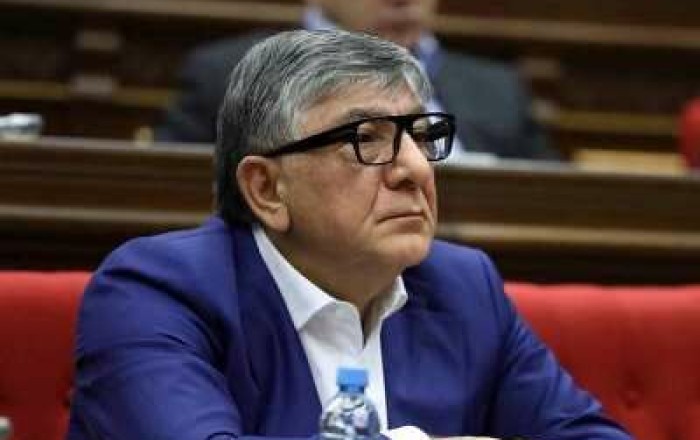South Korea has announced plans to ramp up trade negotiations with the United States after President Donald Trump signalled the imposition of a 25% tariff on South Korean products starting August 1, effectively extending a grace period and offering room for compromise.
In letters sent on July 7 to Seoul and more than a dozen other trade partners, Trump laid out his intention to raise tariffs sharply—marking the first significant diplomatic challenge for South Korean President Lee Jae Myung, who assumed office just a month ago, Caliber.Az reports via foreign media.
Lee’s office noted that U.S. Secretary of State Marco Rubio clarified the revised August 1 deadline, which replaced the earlier July 9 cutoff, as a window to strike a deal. “There is still time until tariffs are implemented on August 1, so he hopes the two countries can communicate closely to reach an agreement before that,” Rubio reportedly indicated.
South Korea's Ministry of Industry responded by expressing its intent to engage more actively in negotiations. “We also plan to use it as an opportunity to improve domestic systems and regulations to resolve the trade deficit that is a major interest of the United States,” the ministry said in a statement. It added that the government would “step up negotiations during the remaining period to reach a mutually beneficial result.”
According to the Korea Customs Service, South Korea posted a record $55.6 billion trade surplus with the U.S. in 2024—a 25% increase from the previous year—primarily driven by robust car exports.
In his letter to President Lee, Trump criticised what he described as unfair trade practices, stating that “our relationship has been, unfortunately, far from reciprocal.” He invited Seoul to submit a proposal to open “your heretofore closed trading markets” and remove both tariff and non-tariff barriers.
Trump added that the proposed 25% tariff would apply to all South Korean products, but with a crucial exemption: “goods manufactured within the United States” would not be subject to the duties.
Despite a longstanding free trade agreement between the two countries—initially signed in 2007 and revised in 2018—economists say South Korea’s effective tariff rates on U.S. goods are now near zero, making the proposed tariffs a significant escalation in trade tensions.
By Vugar Khalilov
Source: caliber.az



